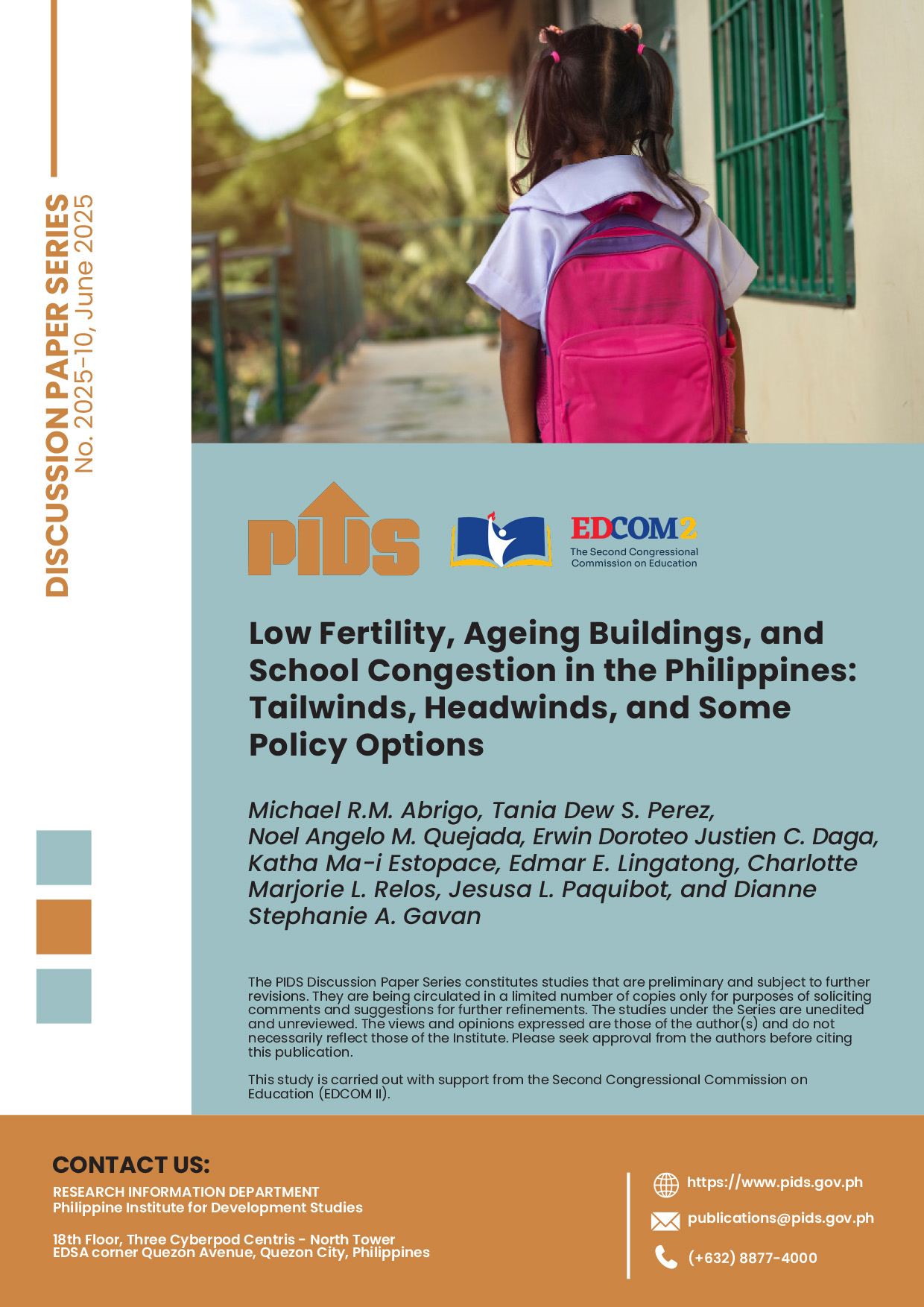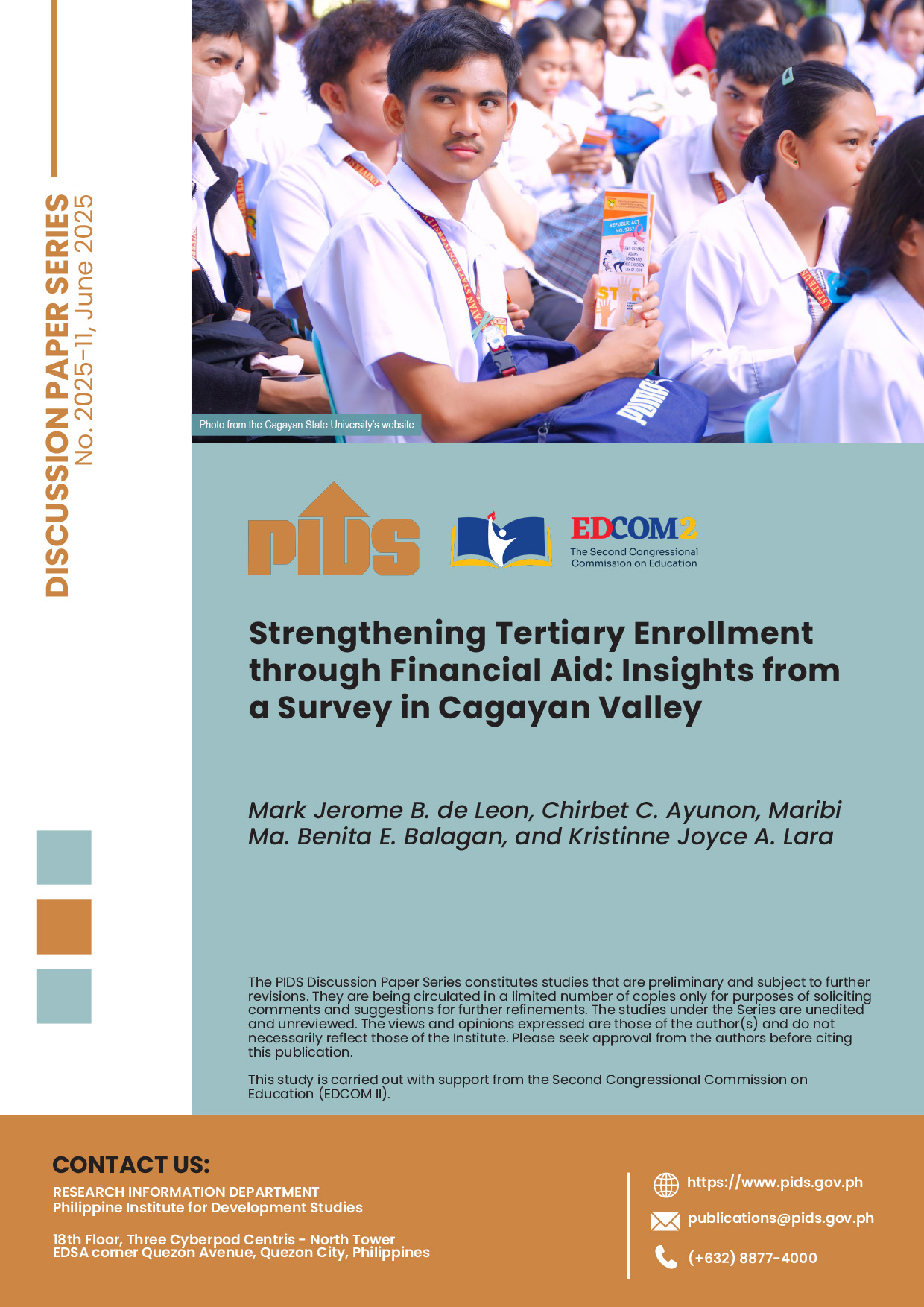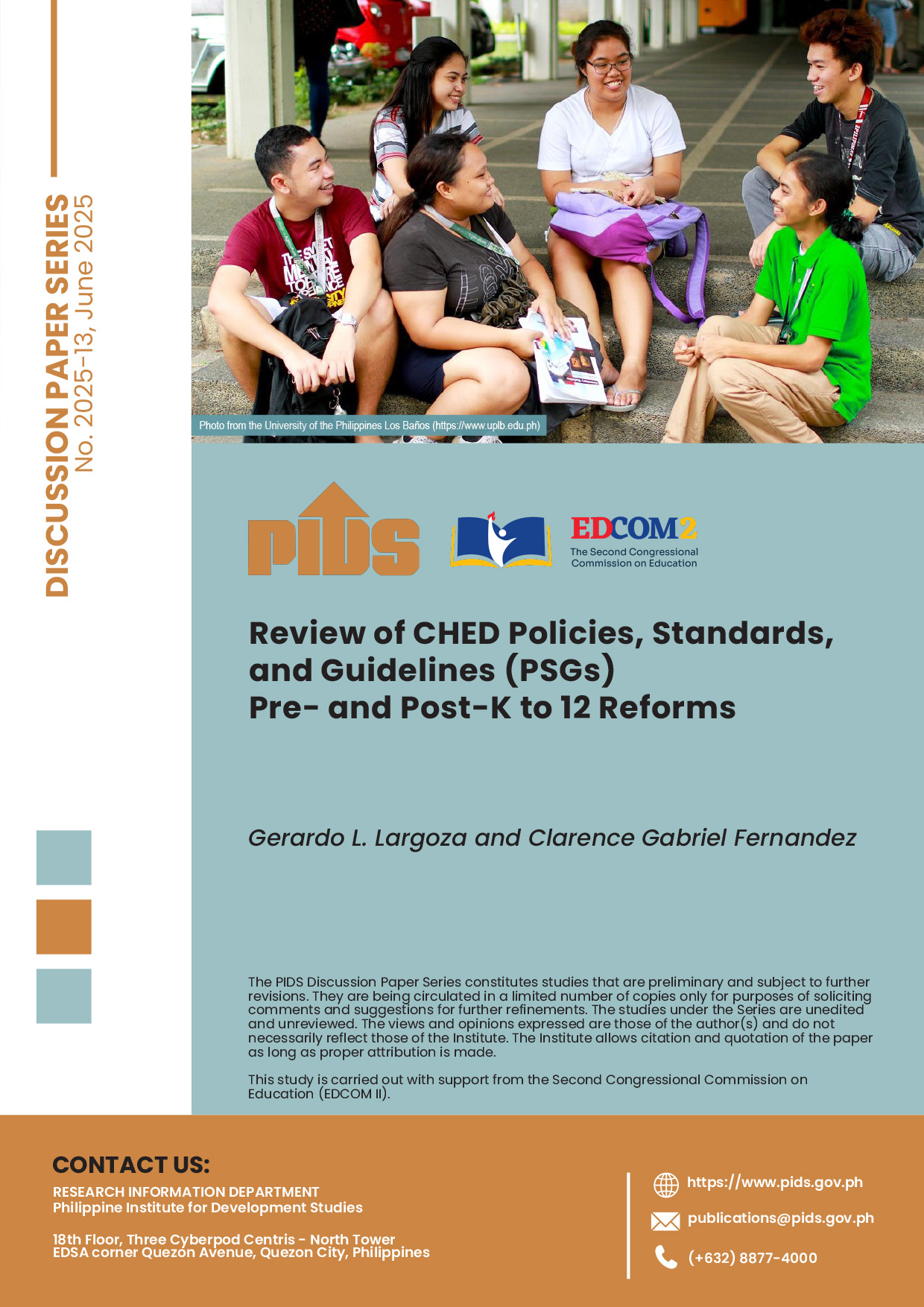MANILA, Philippines — The Philippines has recognized remittance-sending overseas Filipino workers (OFWs) as it joined the international community in celebrating the International Day of Family Remittances.
Philippine Ambassador to Kenya Marie Charlotte Tang joined the official observance ceremony of this year’s International Day of Family Remittances (IDFR) held at the United Nations office in Nairobi.
Building on the IDFR 2023-2024 campaign’s theme “Digital Remittances Towards Financial Inclusion and Cost Reduction,” Tang, in her remarks, recognized remittance-sending OFWs, who not only improve the lives of their families, but also contribute to the Philippines’ development efforts, including advancing on the Sustainable Development Goals.
She also recognized the role of digitalization and financial innovations in promoting more affordable, faster and more efficient remittances and promoting financial inclusion.
The ambassador reaffirmed the Philippines’ commitment to share its best practices from its migration and remittance experience, and expressed appreciation of the International Fund for Agricultural Development; Global Forum on Remittances, Investment and Development Network; IDFR champions and other valuable partners in the commemoration of the IDFR.
In 2018, the Philippines, together with Guatemala, Madagascar and Algeria, led the adoption by the UN General Assembly of the landmark resolution declaring June 16 as the IDFR.
OFW protection
The government needs to craft programs and strengthen information dissemination to ensure the protection of OFWs during deployment and crises, the Philippine Institute for Development Studies (PIDS) said.
This was the recommendation from the webinar that featured two PIDS studies tackling issues affecting OFWs titled “The COVID-19 and Filipino Migrant Workers: Looking into the Philippine Government’s Post-COVID-19 Support Mechanism” and “Scoping Study on Health and Social Security Systems Literacy of Filipino Migrant Workers in East Asia.”
PIDS senior research fellow Aubrey Tabuga said that while the government has support programs for OFWs, there is a need to step up.
“If we excel in deploying workers overseas, which is often mentioned in various texts, we must be a good model as well in properly repatriating our migrant workers,” Tabuga said.
“Repatriation is not a simple process of bringing people back to the country, but a system that relies on interrelated factors. Among others, we need adequate facilities for testing or medical care, available unhampered flights and entry into the country, functional embassies or consulates, adequate accommodation or temporary shelter and social protection,” she added.
Meanwhile, the second study’s authors Jocelyn Celero and Evangeline Katigbak-Montoya highlighted the inadequate health and social services received by OFWs.
OFWs are not well-informed of health and social security systems in the Philippines and destination countries like Japan, Hong Kong and Singapore, according to Celero and Montoya.
“Their limited knowledge of the Philippine health and social security systems is an outcome of the perceived burden of payments and their preferential attitude toward the systems of destination countries,” Celero said.
The authors also said Filipino female workers face more barriers in knowing the health and social security systems of the Philippines and their destination country.
“Philippine government agencies should strive to promote migrant literacy by expanding platforms for disseminating up-to-date information and communicating the programs that respond to specific health and social welfare needs of OFWs … across all stages of the migration cycle,” Montoya said.












